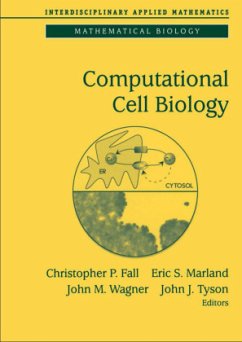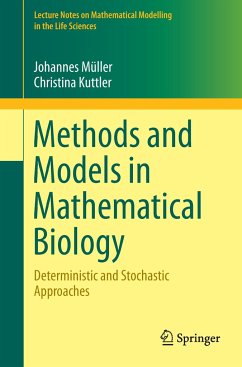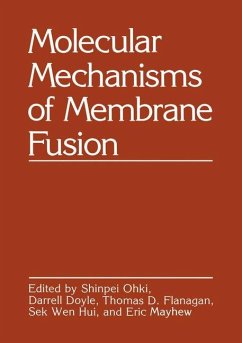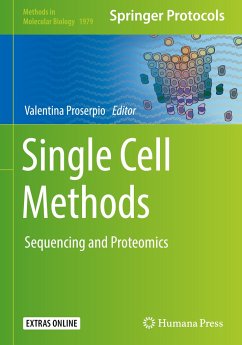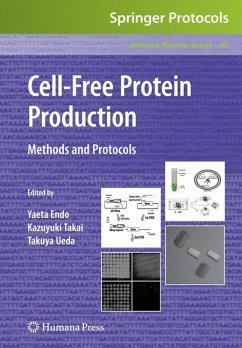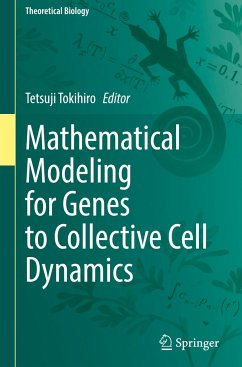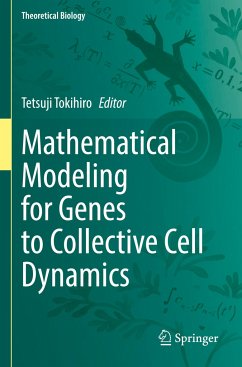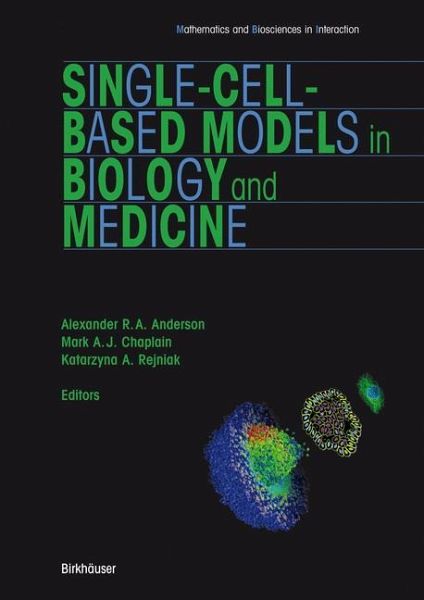
Single-Cell-Based Models in Biology and Medicine

PAYBACK Punkte
0 °P sammeln!
Many different single-cell-based models have been developed and applied to biological and medical problems. Computational approaches used are Monte-Carlo simulations, energy minimisation techniques, volume conservation laws, solutions of the equations of motion for each individual cell or for each point on the cell membrane. They differ in the level of detail that defines the cell structure and subsequently in the number of individual cells that the model can incorporate.This volume presents a collection of mathematical and computational single-cell-based models and their application. The main...
Many different single-cell-based models have been developed and applied to biological and medical problems. Computational approaches used are Monte-Carlo simulations, energy minimisation techniques, volume conservation laws, solutions of the equations of motion for each individual cell or for each point on the cell membrane. They differ in the level of detail that defines the cell structure and subsequently in the number of individual cells that the model can incorporate.
This volume presents a collection of mathematical and computational single-cell-based models and their application. The main sections cover four general model groupings: hybrid cellular automata, cellular potts, lattice-free cells, and viscoelastic cells. Each section is introduced by a discussion of the applicability of the particular modelling approach and its advantages and disadvantages, which will make the book suitable for students starting research in mathematical biology as well as scientists modelling multicellular processes.
This volume presents a collection of mathematical and computational single-cell-based models and their application. The main sections cover four general model groupings: hybrid cellular automata, cellular potts, lattice-free cells, and viscoelastic cells. Each section is introduced by a discussion of the applicability of the particular modelling approach and its advantages and disadvantages, which will make the book suitable for students starting research in mathematical biology as well as scientists modelling multicellular processes.





